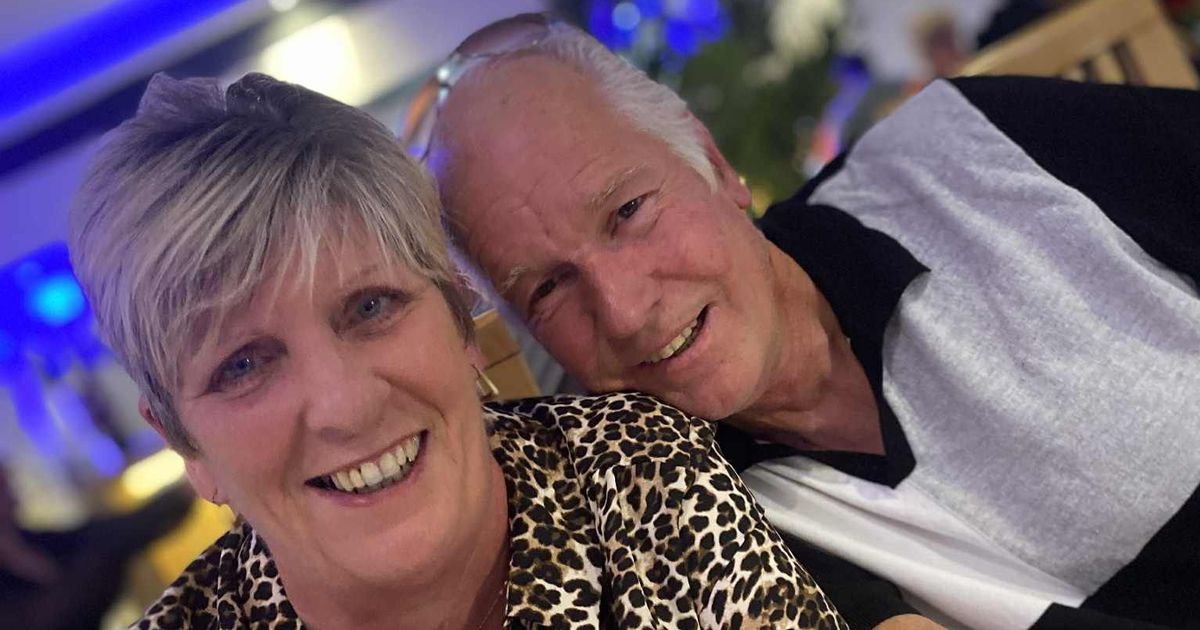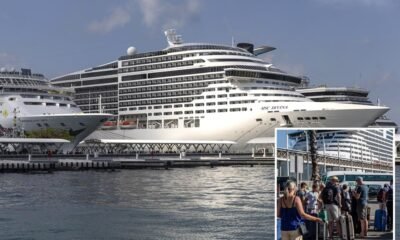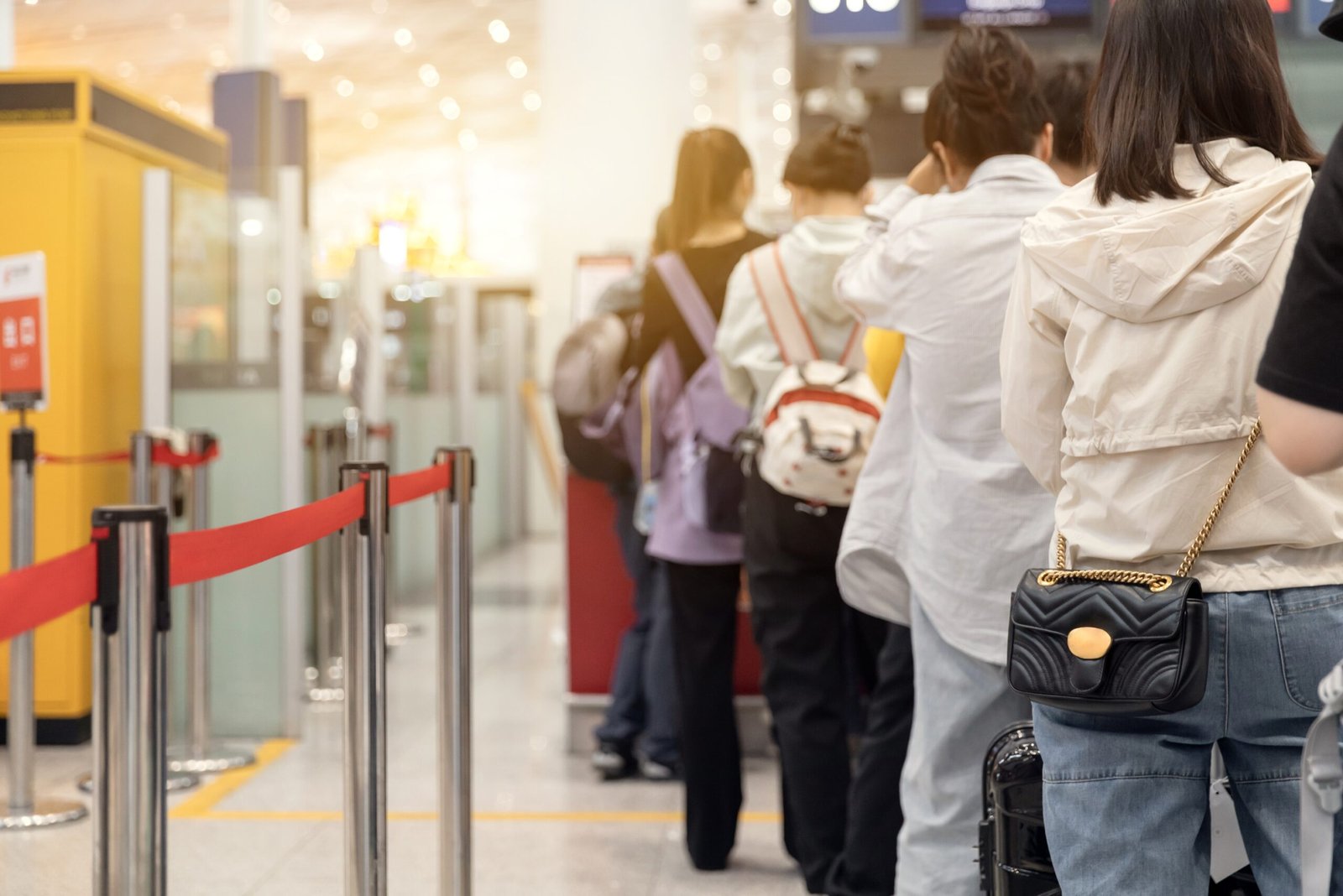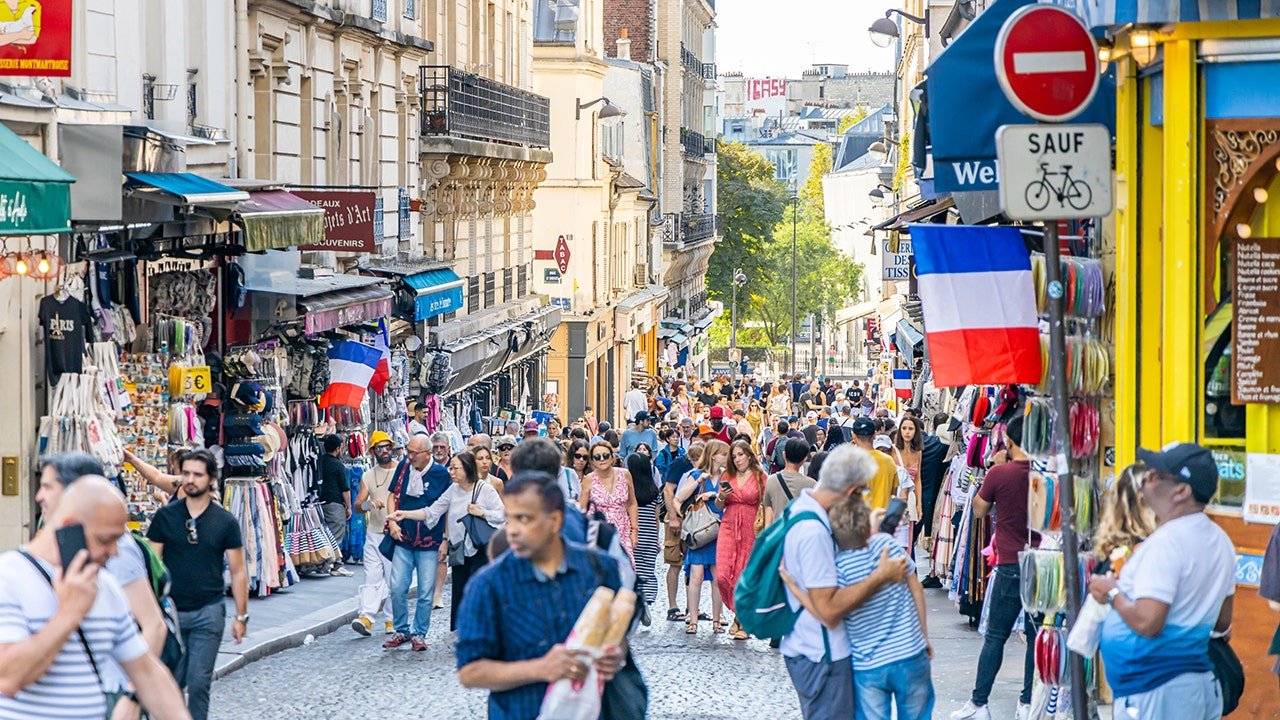Alan Kirby, 67, from Somerset, is currently on a ventilator after falling ill during a vacation with his family – he faces a £14,000 hospital bill due to issues with his insurance
A British man is stranded in Greece after suddenly dropping ill on holiday – leaving him with a £14,000 hospital bill.
Alan Kirby, from Somerset, fell ill just three days into his vacation. The 67-year-old was enjoying time with his partner Helen Whitemore, 62, his stepdaughter Liza and her three daughters, when he took a turn on July 5.
They were enjoying dinner in Tsilivi, Zante, when they noticed Alan looked “dreadful, grey and pale”. Alan, who is a car valeter, went back to the hotel and woke up in the morning feeling breathless. He sought medical advice, and doctors advised he return to the UK for a biopsy on a mass in his lung they feared might be cancer. It comes after the best and worst GP surgeries across the UK were named – check your area.
READ MORE: Beachgoers left stunned after rare sea creature spotted off British coastREAD MORE: Newlywed’s heartbreak as husband and baby daughter killed during honeymoon
But before they could get home, Alan’s health deteriorated and he was put on a ventilator – prohibiting him from taking a commercial flight back to the UK. He was then airlifted to a private hospital in Athens. Hospital officials called his insurance company who disclosed Alan was aware of the mass – something he says British doctors deemed to be a benign fatty tissue, and told him not to worry about it.
This made it a pre-existing medical condition, which he had not declared to insurers, invalidating his cover and landing the family with a £14,000 bill. He’s now on a ventilator in a hospital covered by his Global Health Insurance Card, and is too unwell to fly home on a conventional flight, but without insurance to cover a £45,000 private medical flight home.
His family are unsure if he has cancer, or if his symptoms are caused by pneumonia he is now battling. Liza, 40, who is a private care assistant, said: “We know we’ve made the mistake [with the insurance] – that’s the problem. My mum had gone into the bank that she had insurance with and they said, ‘just go on holiday, you don’t have to do anything’. They didn’t know about the mass.
“And he was well before – he was working as a car valeter the day before the holiday. He’s still on a ventilator. There’s a talk about him going into a coma, but we don’t know if it’s cancer or pneumonia doing the damage. He’s fine, then he’s not, he’s fine then he’s not. He’s really breathless – on the phone he can’t say more than a few sentences. We’re just desperate to get him home.”
Speaking about the moment they realised something was wrong, Liza added: “At dinner he had aching pain all down the right side of his torso. He thought it was from throwing my kids while playing in the sea earlier in the day.” He woke up breathless and went to a local clinic in the morning, and after extensive testing was sent to a local hospital.
The couple say they thought he had a chest infection and needed antibiotics. “But the doctor, who must have had the clinic’s test results, said, ‘antibiotics won’t cure cancer’,” said Liza. “Everyone was petrified, nobody knew what was going on. After five hours, they told my mum she needed to go back to England for a biopsy, because they couldn’t tell from the X-ray if Alan had cancer.”
The hospital spotted a mass in Alan’s right lung, which he was already aware of, but says British doctors had told him was a benign fatty tissue mass in December 2024. Lisa added: “The insurance didn’t know about it.” Two days later Alan was “fitting” in his hospital bed, disoriented and dehydrated with oxygen levels of only 36%.
“They put him on a non-invasive ventilator and there was talk that night of putting him in a coma but then they said he might not come round because of his lungs,” said Liza. The insurance company agreed to fly Alan to a private hospital in Athens via a helicopter ambulance.
But when Alan arrived in Athens, the insurance company contacted Lisa to say they were checking Alan’s pre-existing conditions. The checks took five days and the insurance company requesting Alan’s UK GP records – and discovered Alan’s ‘pre-existing condition’, the mass in his lung. Now, the insurance company has told Alan’s family they will pay for Alan’s care up until the checks started – five days of private hospital care costing £14,000.
Alan was moved to Athens’ General Hospital where his care is covered by his GHIC card. He remains on a ventilator and antibiotics. Alan’s family are now back in Somerset, trying to raise the £45,000 to bring him home via air ambulance. To donate to the fundraiser, visit here.





































You must be logged in to post a comment Login